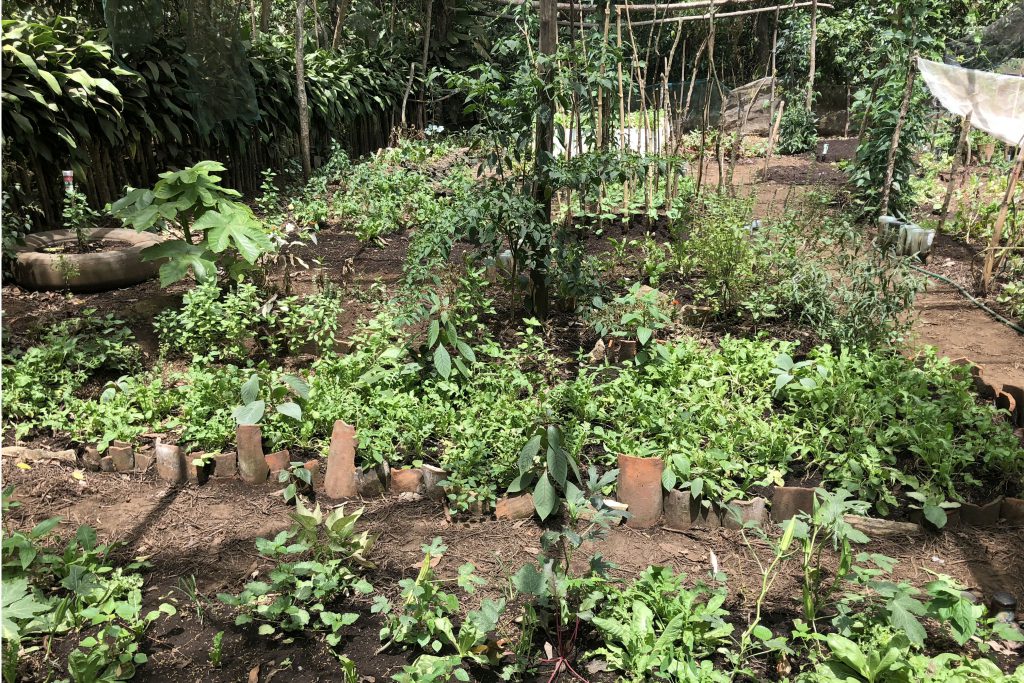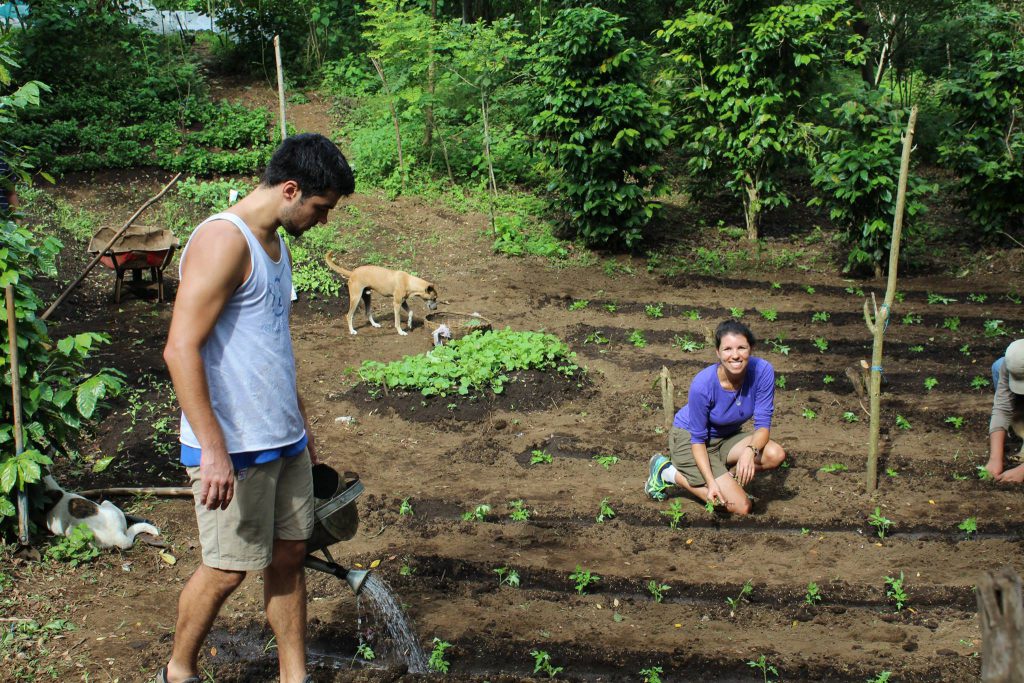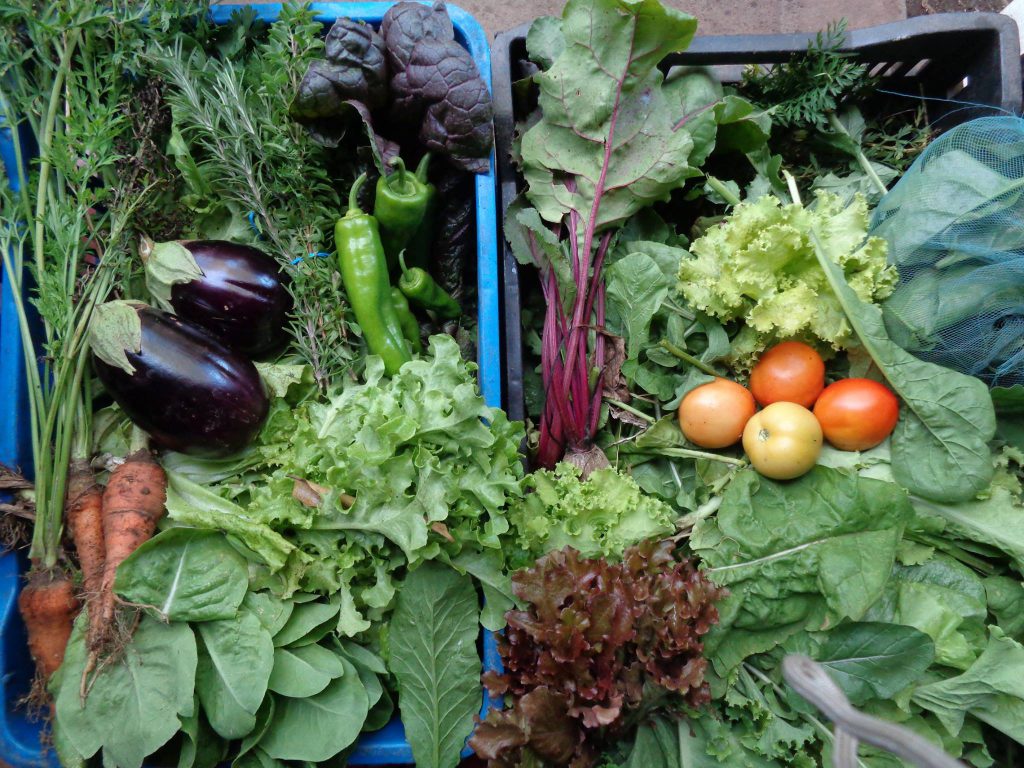Environmental & Garden Projects
As climate change and environmental breakdown continue to accelerate across the globe, it is clear that Nicaragua is particularly vulnerable to a number of impacts
- The weather here, as in many places, is becoming more extreme, including a 4 year drought followed by flooding and hurricanes. Higher temperatures in general have led to an array of detrimental effects, on the coffee harvest for example, a disease called ‘la roya’ is harder to eliminate.
- Deforestation in Nicaragua is rampant. The remaining so called protected areas (Bosawas, Indio Maiz) are being increasingly reduced – we have lost 70% of Bosawas (once the largest remaining rainforest outside the Amazon) in the last 20 years – by fire and clear cutting – for cattle ranching and palm oil, as well as illegal felling of hardwood trees and pines across the country. In the case of La Concha, the last woodland has been cut to plant dragon fruit and pineapple for export.
- Nicaragua is between two oceans – the Pacific and the Caribbean. Overfishing and plastic waste is devastating them both. Increasingly vital mangroves are being destroyed in the northern Pacific coast to make way for shrimp farming. The lakes of Nicaragua are also suffering greater levels of pollution and, in the case of lake Nicaragua, water is taken out to supply large towns like Rivas.
- As is the case globally, the insect population here has crashed. Bees and butterflies locally have been devastated by the over use of pesticides and fumigations which are supposed to kill mosquitoes, but in fact kill not only their natural predators (lizards, frogs etc.) but of course also other insects vital to pollination.
To respond as best we can to these issues we have formed a movement called Ambientalistas Mariposa en Accion (Mariposa Environmentalists in Action). We stress heavily the action part as we all tired of hearing the talk but not seeing the neccessary actions.
Reforestation Projects
Just two years ago the ridges in the photo were a patchwork of small farms, mostly dragon fruit as this area is affected by fumes from the Masaya Volcano which affects what can be grown, and wooded patches. The rate of uncontrolled deforestation has been incredible and vast plantations of dragon fruit grown for export have taken the place of the last remaining woods. In the case of Palo Solo, where we have our 140 acre nature reserve (Canada Honda), deforestation has led to the drying up of local springs as well as the destruction of windbreaks along the ridge. The people of this very poor community are totally dependent on firewood for cooking so they have to go farther and father afield to find it.
Our response has been to work together with the community of Palo Solo
- Firstly on reforesting both in our nature reserve and along the ridge to form a windbreak for the houses. Thousands of trees have been planted in 3 years and we are always careful to ensure they are native trees which will withstand the unusual conditions (the passing overhead of volcanic fumes.) Down in the valleys where the fumes are less prevalent we can plant a wider variety of native trees including nisperal, ceiba, guanacaste.
- We have also set aside several acres and planted a fast growing tree (called chirca) which provides good firewood. In a couple of years local people will have access to this supply.
- Local people have access to the springs in Canada Honda
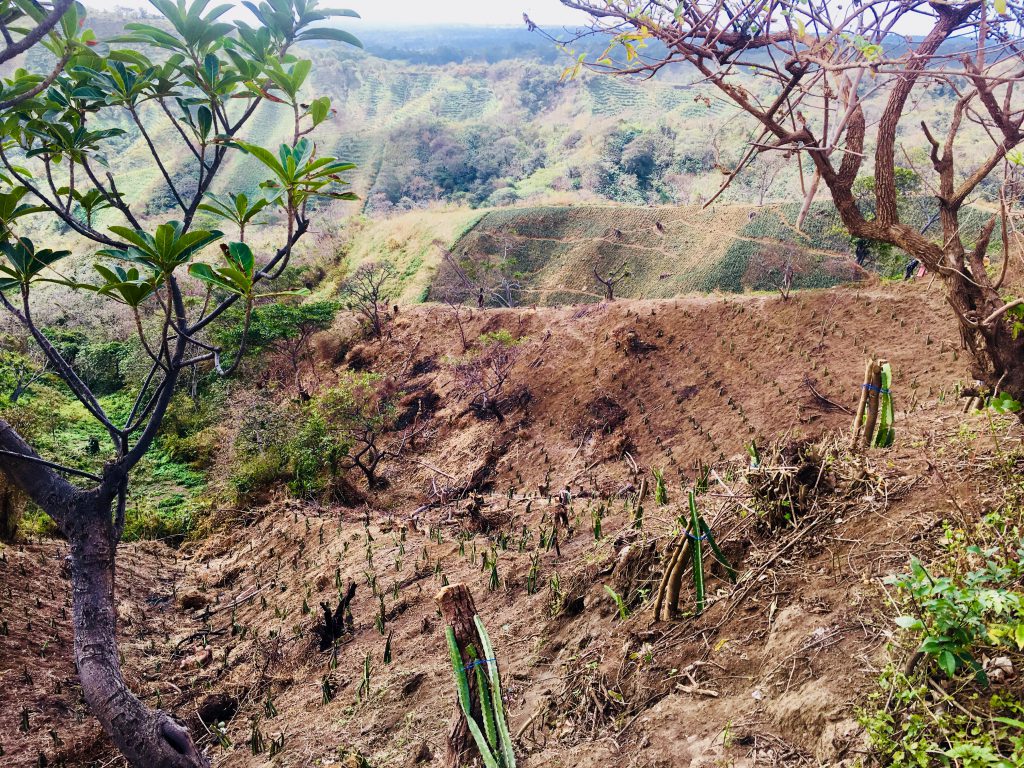
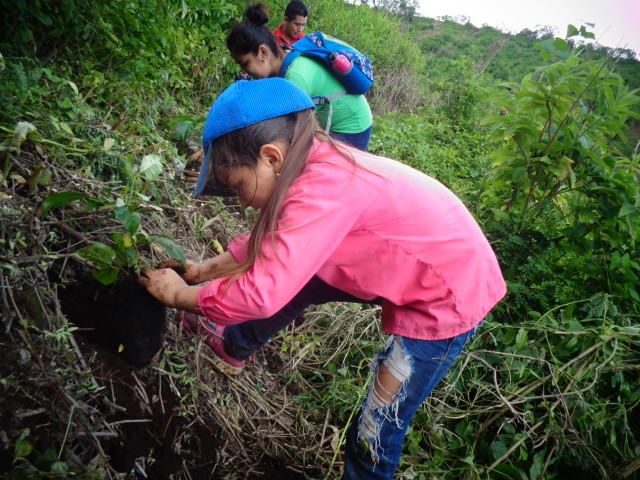
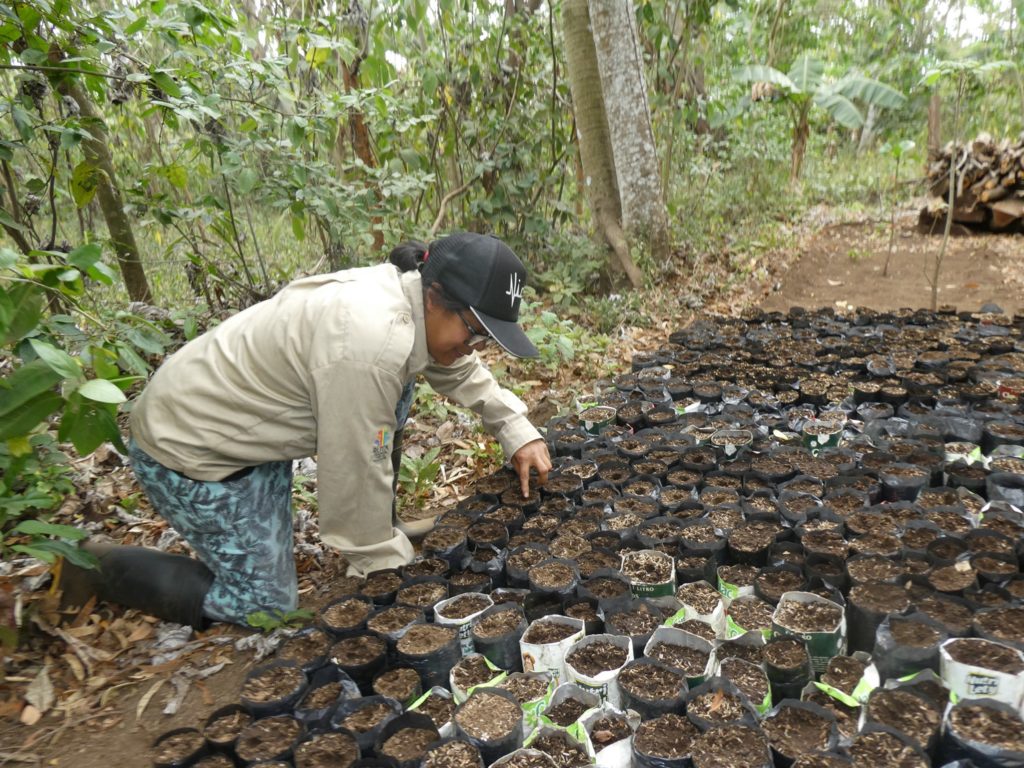
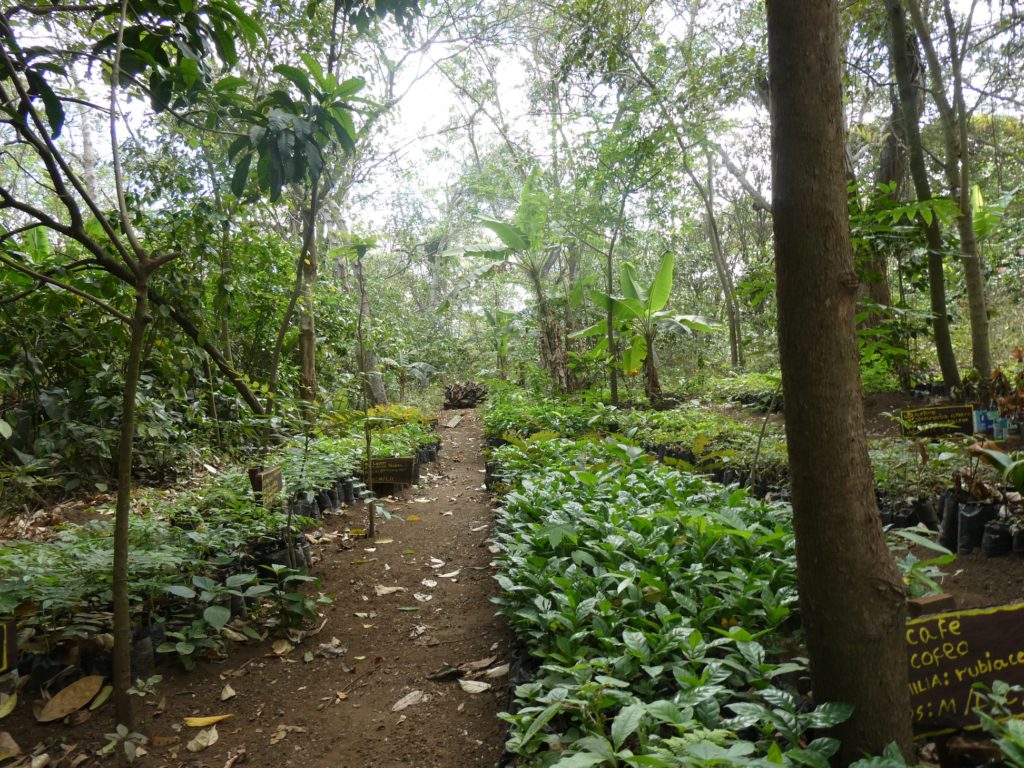
Marlon Reyes, our former head of the teachers made the following video illustrating community member’s dedication to reforesting in Canada Honda to help protect the eco-system in the Palo Solo barrio. Youth and adults have worked endlessly in spreading the word and planting over 3000 trees. Take a look and get involved!
Marlon Reyes, our former head of the teachers made the following video illustrating community member’s dedication to reforesting in Canada Honda to help protect the eco-system in the Palo Solo barrio. Youth and adults have worked endlessly in spreading the word and planting over 3000 trees. Take a look and get involved!
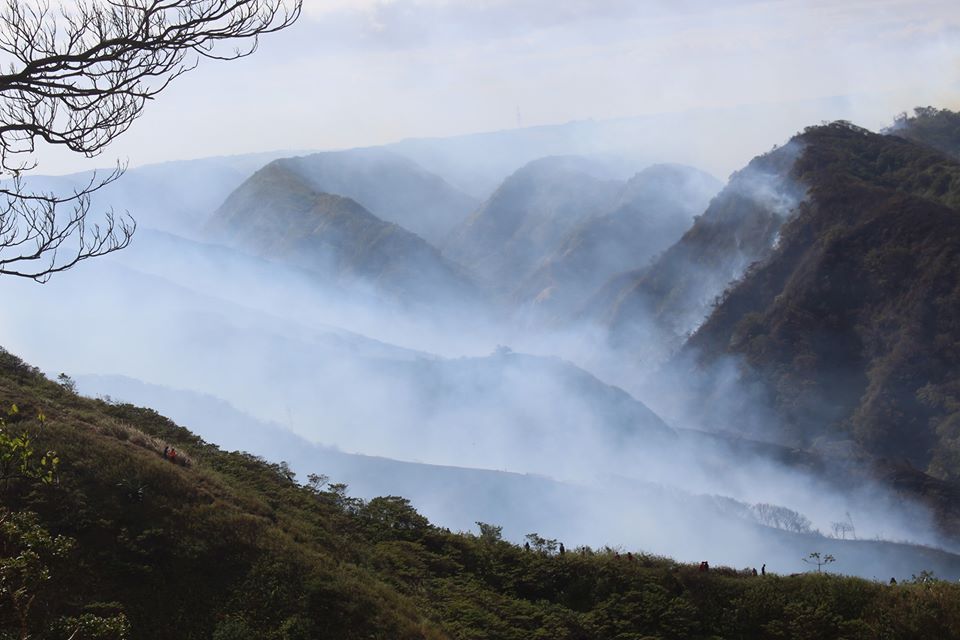
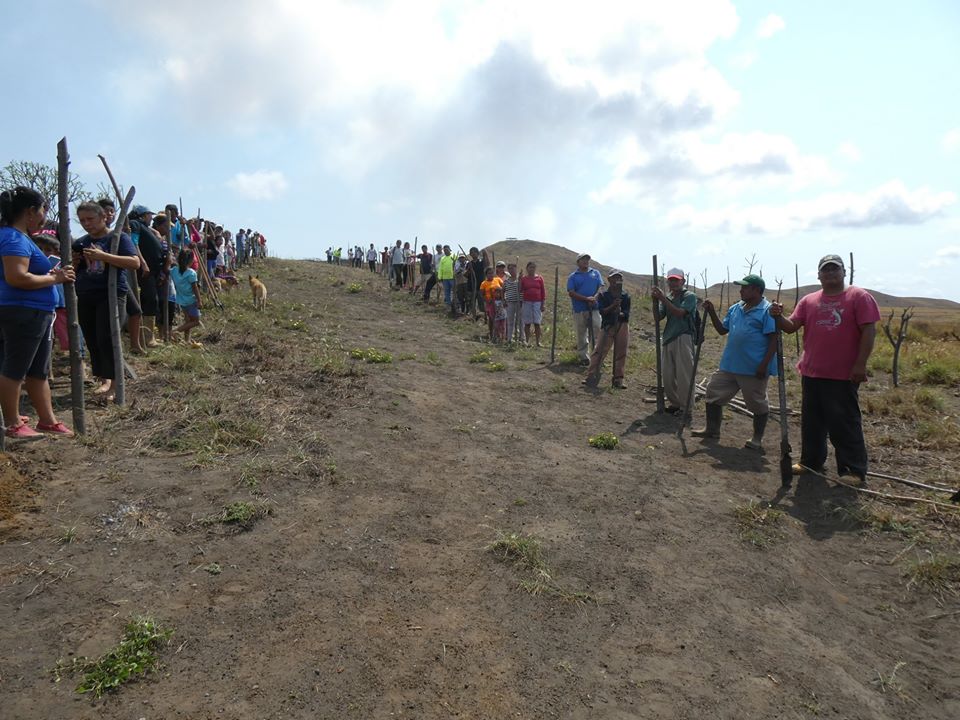
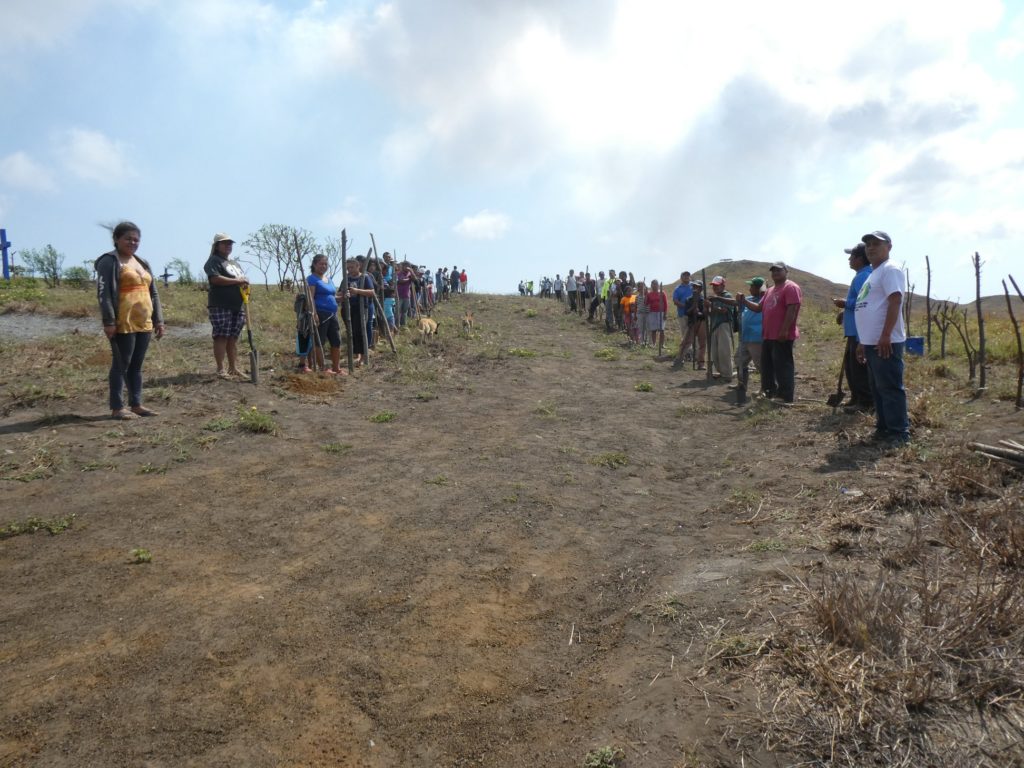
Orgnanic Gardens
A wide variety of plants, trees and flowers are maintained at every Mariposa site. In the fertile soil of La Reserva, we cultivate vegetables, (herbs, leafy greens, root vegetables….) fruits, (oranges, mandarins, coconuts…) and medicinal plants (aloe, oregano, anise…) These organic gardens are a very popular choice for Volunteer work!
The vast majority of ground crops, fruit trees and even flower gardens here are intensively sprayed with chemicals, including Round Up. Though we cannot remain 100% pesticide free as we are affected by the practices our neighbours, we do our very best! We also employ the following strategies to maintain our gardens as poison free but productive as possible.
- Have a worm project which produces very high quality compost
- Use other forms of compost including mixtures of: rice husks, chicken poo, organic matter such as dead leaves and garden prunings, horse manure etc.
- Water by hand….we have tried the hole in the hosepipe method but plants change position and it is in general quite wasteful. Watering by hand ensures more accuracy and has the added benefit of maintaining employment.
- In La Mariposa we use grey water from showers to water flowers
- In the wet season we generally have too much rain so we use netting to protect the plants, especially the young ones.
- We also use a very varied planting system and companion planting so there may be flowers next to a lettuce patch….helps to encourage pollinators and prevent spread of diseases
